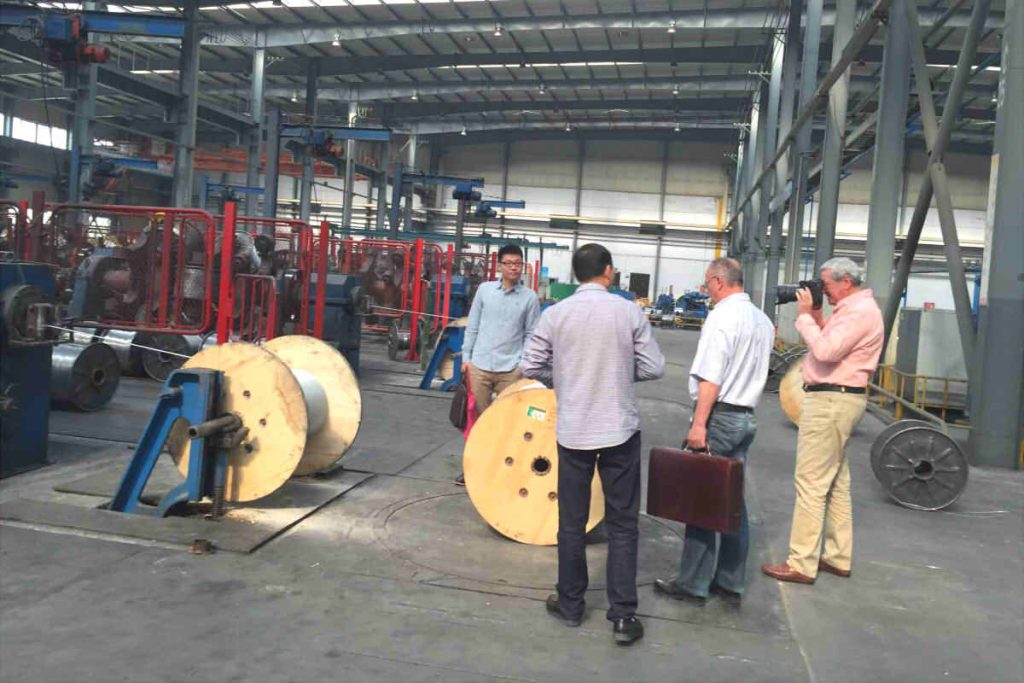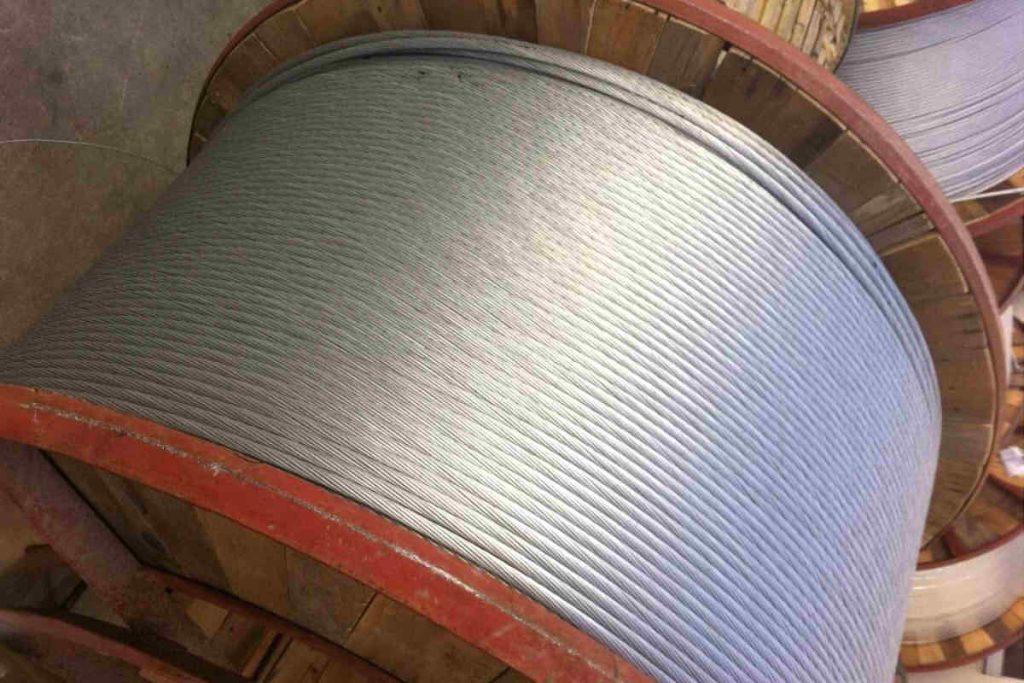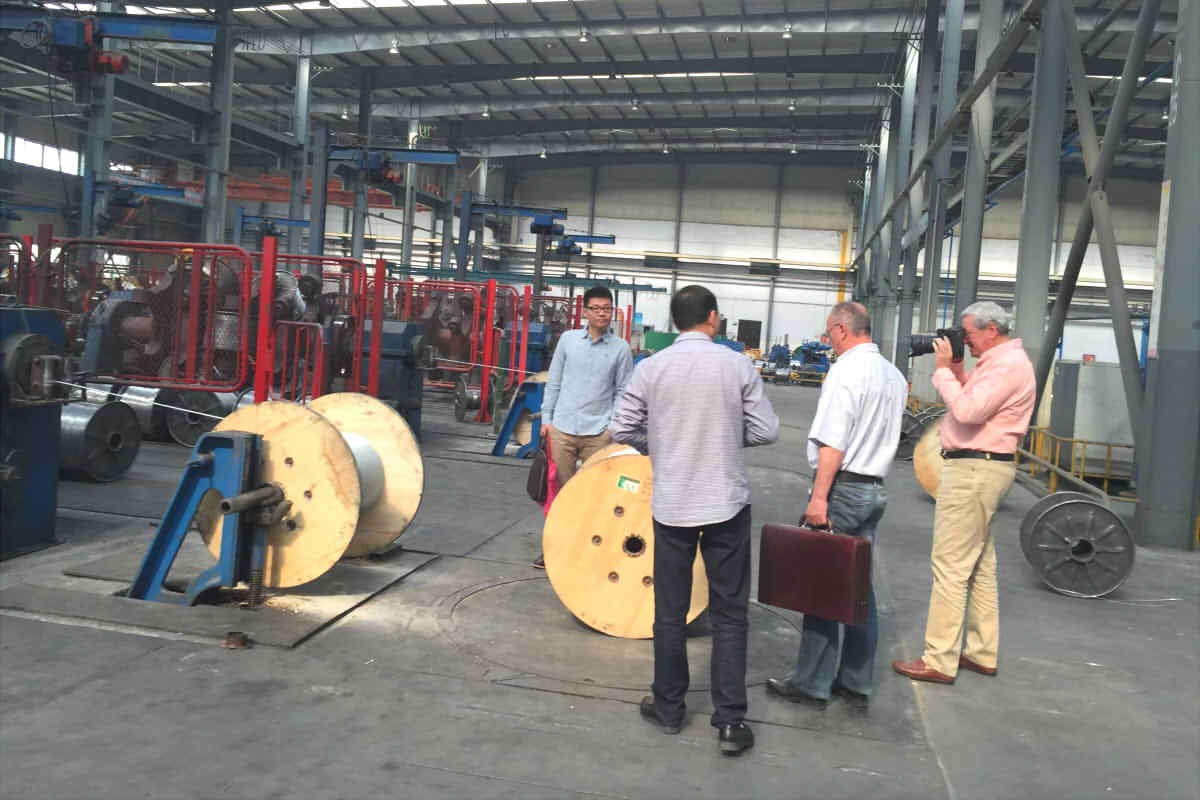In a joint effort to improve Honduras' electrical infrastructure and address growing energy demand, ZMS Cable Company has established a significant collaboration with the National Electric Power Company (ENEE) in the CYC-CYC-ENEE-F02 project, intended to supply aluminum overhead cables. This partnership between ZMS and ENEE promises to boost the socioeconomic development of the Central American country by improving the quality and distribution of electrical energy.

Collaboration Context
The ENEE is a Honduran state company responsible for the generation, transmission and distribution of electricity throughout the country. With a workforce of 4,600 employees, the company serves 1.3 million homes and 100,000 commercial and industrial clients, covering the 84.8% of the electrical needs of Honduras. ENEE's mission is to improve the quality of electrical services, bring these services to every corner of the country and contribute to the reduction of energy poverty and socioeconomic development.
Honduras, a nation located in the heart of Central America, has faced significant challenges due to rising temperatures and the resulting increase in energy consumption. In May, The country's energy consumption increased almost 30%, with a notable increase in 25% only in the industrial sector, according to the Minister of Energy and director of ENEE, Eric Tejada.
Importance of the Project
In this context, The collaboration between ZMS Cable and ENEE acquires crucial relevance. The use of aluminum overhead cables has multiple advantages:
- High reliability: Overhead cables significantly reduce short circuit failures compared to bare cables.
- Safety in electrical supply: The probability of accidents due to electrocution is considerably reduced, protecting both people and animals.
- Convenient maintenance: Overhead cables can be installed in various environments, facilitating its maintenance.
- Reasonable economy: Although aluminum overhead cables They are more expensive than bare wires, They are more economical than underground installation, offering a lower total cost solution.
Collaboration Process
ZMS cable factory is located in Gongyi, in Zhengzhou city, China. After the production of the cables according to the customer's requirements, representatives of ENEE traveled to China to inspect the plant ZMS Cable production and verify the quality of the products. This interaction not only ensures the quality of the supply, but also strengthens the ties between both organizations.

Impact on the Energy Infrastructure of Honduras
This cooperation project will not only alleviate energy tensions in some regions of Honduras, but will also contribute in the long term to the development of a more robust and sustainable energy infrastructure. Under the impact of high temperatures, Honduras has had to increase the cost of electricity, which has generated criticism from the population. Nevertheless, Tejada has highlighted that ENEE is implementing various measures to mitigate these problems., including the “energy amnesty” Valid until 31 July 2024. This policy exempts consumers from paying penalties, interest and surcharges, providing financial relief and ensuring the stability of ENEE.
Electrification Projects in Remote Areas
Recently, ENEE has presented electrification projects in the municipality of Brus Laguna, in the Thank God department, and on the island of Guanaja, in the department of Islas de la Bahía, benefiting more than 20,000 personas. These projects have improved the quality of life of the local population and contributed to socioeconomic development.
In Brus Laguna, with an investment of 115 million lempiras, The project has benefited 14,000 inhabitants through construction of a photovoltaic plant and a distribution network that includes transformers, poles and LED lights. On the island of Guanaja, the investment of 106 million lempiras has provided stable, low-cost electricity to more than 6,000 residents, promoting the tourist and economic development of the island.
Conclusion
The cooperation between ZMS and ENEE represents a significant advance in improving the energy infrastructure of Honduras. Both companies are committed to the economic development of the country, and this three-year collaboration has established a solid foundation for future projects. ENEE representatives have praised the scale, the equipment and technology of the ZMS factory, reaffirming the quality of the products supplied.
This alliance not only benefits both companies, but also marks a crucial step in promoting safer energy, affordable and accessible to all Hondurans. With the support of ZMS Cable Supplier, ENEE is better equipped to face the energy challenges of the future and continue its mission to improve the quality of life in Honduras.

